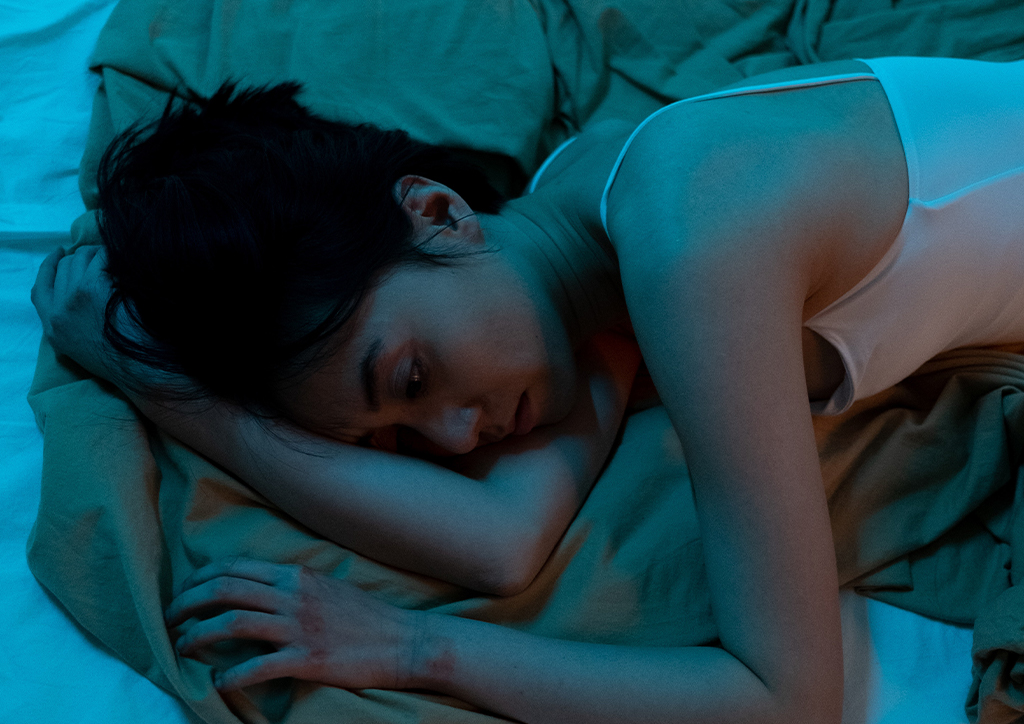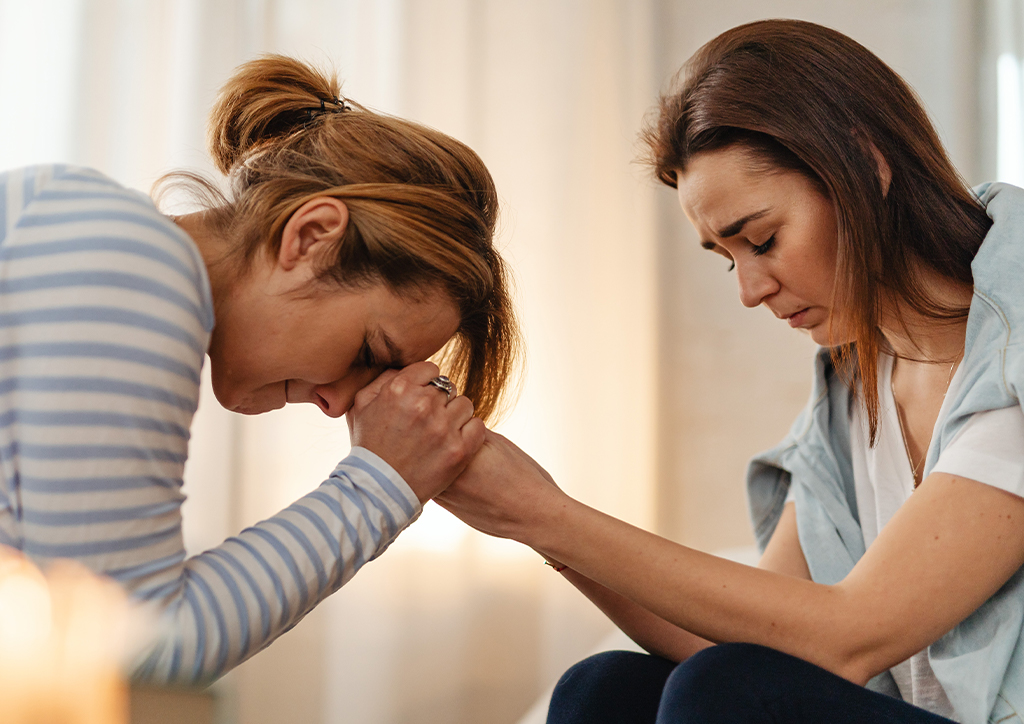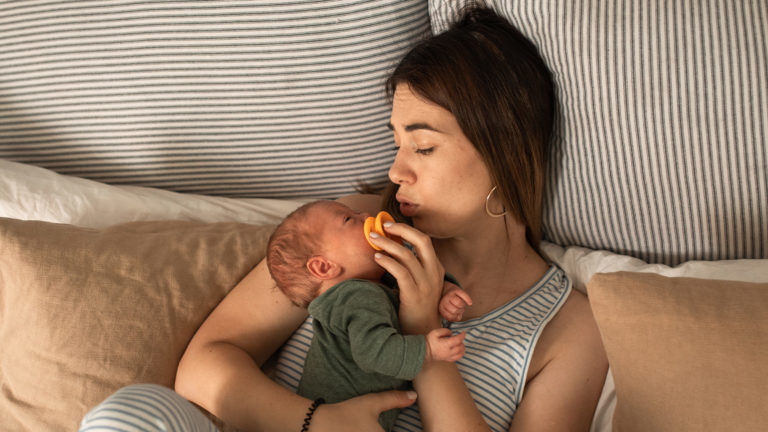Real Talk
Where to Get Help if You’re Dealing with Postpartum Depression
Postpartum depression is a devastating mood disorder that strikes many women during and after pregnancy. Here’s where to get help if you think you’re going through it.
Research shows that postpartum depression (PPD) occurs in 10 to 15% of all deliveries worldwide. In 2004, it was estimated that there were 126,826 cases of PPD in the Philippines. However, very few studies have been done on the development and prevention of this mental health disorder. And this is despite the fact that depression that has onset in the postpartum period has been shown to lead to the persistence of depression after a year, and even behavioral problems in the child. This is why we’ve listed places where you can get help if you feel like you’re dealing with postpartum depression.

Symptoms of Postpartum Depression
Many new moms experience postpartum “baby blues” after childbirth. Symptoms commonly include mood swings, crying spells, anxiety, and difficulty sleeping. Additionally, baby blues often begin within the first 2 to 3 days after delivery and may last for up to two weeks.
However, some moms experience a more severe, long-lasting form of depression known as postpartum depression. Sometimes, it’s also called peripartum depression because it can start during pregnancy and continue after delivery.
According to the Mayo Clinic, symptoms include:
- Depressed mood or severe mood swings
- Crying too much
- Difficulty bonding with your baby
- Withdrawing from family and friends
- Loss of appetite or eating much more than usual
- Inability to sleep (insomnia), or sleeping too much
- Overwhelming tiredness or loss of energy
- Less interest and pleasure in activities you used to enjoy
- Intense irritability and anger
- Fear that you’re not a good mother
- Hopelessness
- Feelings of worthlessness, shame, guilt or inadequacy
- Reduced ability to think clearly, concentrate or make decisions
- Restlessness
- Severe anxiety and panic attacks
- Thoughts of harming yourself or your baby
- Recurring thoughts of death or suicide
Moms shouldn’t feel ashamed or hide it if they think they have postpartum depression. It’s not a character flaw or a weakness, too. Sometimes, it’s simply a complication of giving birth. The good news is that there are treatments and ways to help you manage your symptoms and help you recover.

Places Where You Can Get Help for Postpartum Depression
Below is a list of places where you can get help in the Philippines if you think you have postpartum depression.
1. Better Steps
First on the list is Better Steps Psychology, Inc. They are an integrated, full-service mental health group practice that promotes wellness for all. Moreover, the Better Steps team is composed of licensed mental health professionals trained in the most up-to-date and evidence-based methodologies.
2. Motivate Therapy
Next up is Motivate Therapy PH. They are a private mental health clinic for teens and adults who are struggling with emotional and psychosocial concerns.
3. Hello Happy
The third is Hello Happy, who calls themselves your online mental wellness partner. Their goal is to be with you in challenging times and empower you while strengthening your unique traits. Moreover, they aim to help you find your purpose.
4. Mindful PH
Fourth on the list is Mindful PH, which is composed of a team of trained mindfulness facilitators sharing their practice with kids, teens, and adults.
5. Kindred
Last but not least is Kindred. They champion women through an integrated ecosystem of virtual and in-clinic holistic health services, including psychological services. They even have an in-house psychiatrist who specializes in postpartum depression.
There’s nothing wrong with seeking professional help
Most of the time, new moms don’t even realize they’re already going through postpartum depression because they’re too busy tending to their babies, work, and household management. But normalizing the conversation around postpartum depression can help them take the first step in getting help. There’s no shame in consulting with a professional or seeing them regularly—especially if it will lead to a happier and healthier mother. After all, a happy and healthy mother equates to a happy and healthy child.
Find more stories that can help with postpartum depression:
My Experience with Baby Blues: 6 Tips That Helped Me Overcome Them
7 Ways Partners Can Support Moms with Postpartum Depression and Anxiety
Postpartum Depression Affects Dads, Too!





